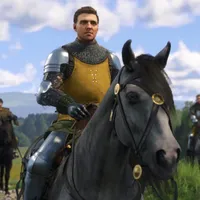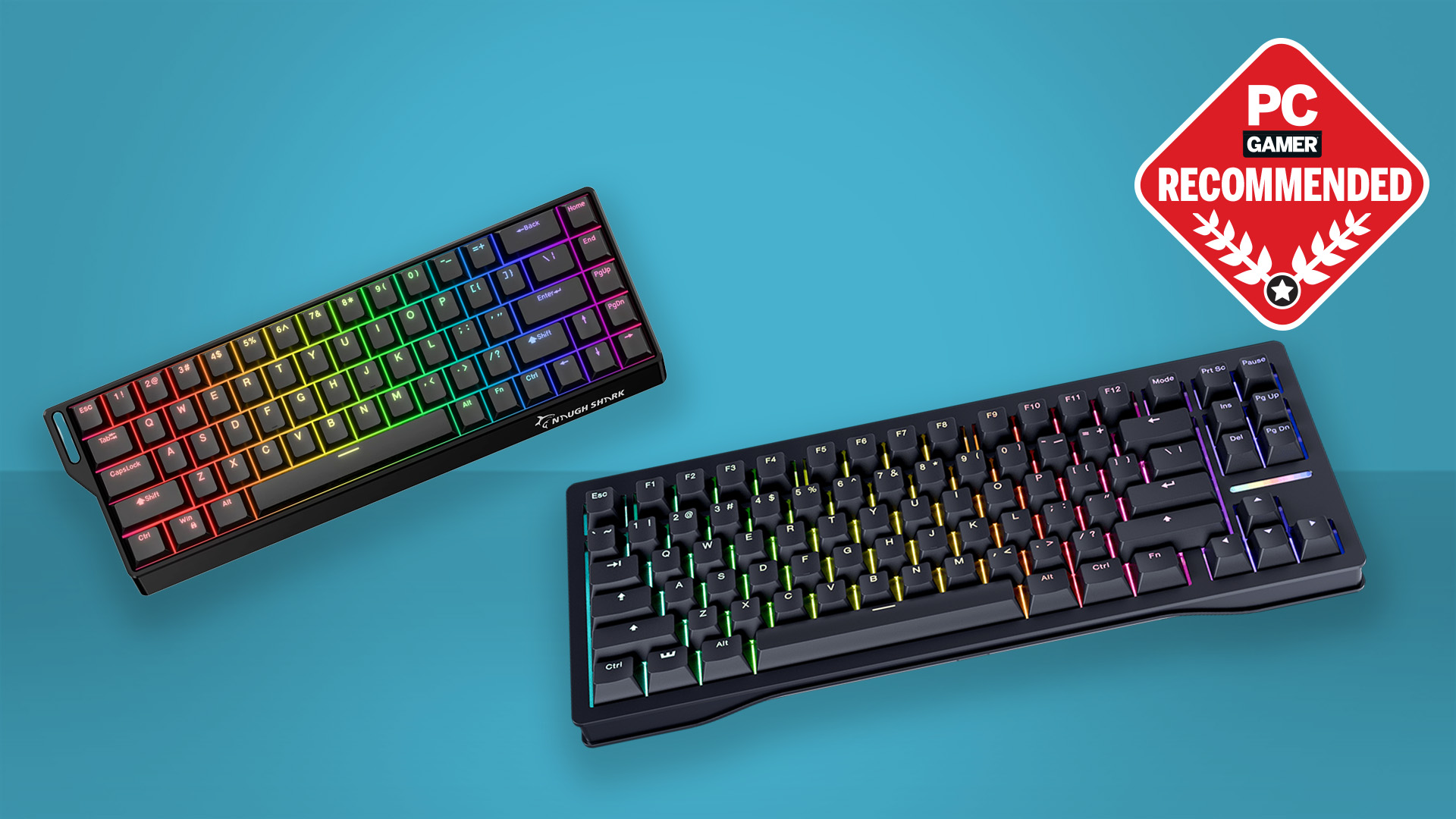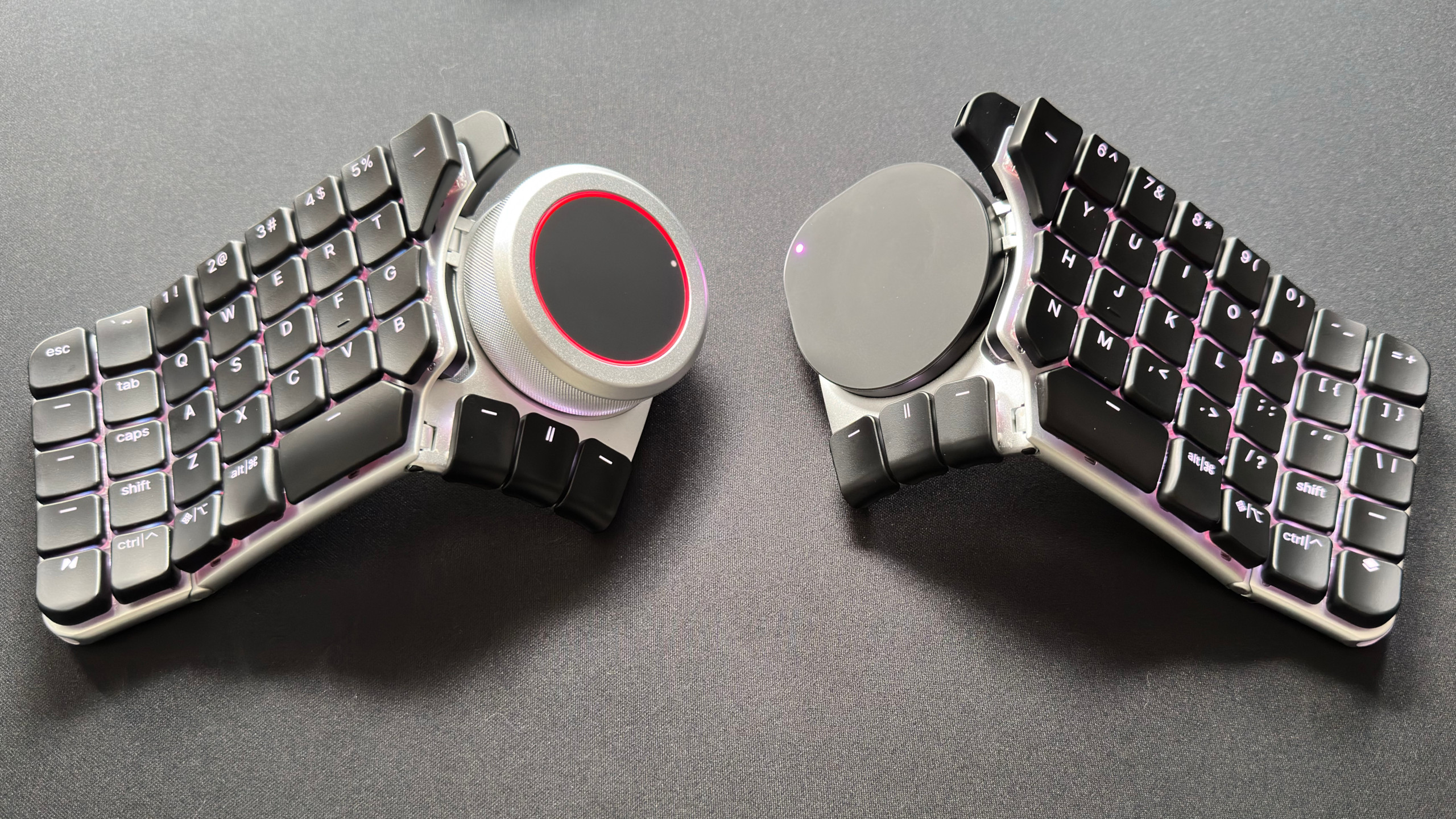The best Kingdom Come: Deliverance 2 mods: unlimited quicksaves, increased carry weight, instant herb-pickin'
How to make your Bohemian adventure much easier, or way harder.
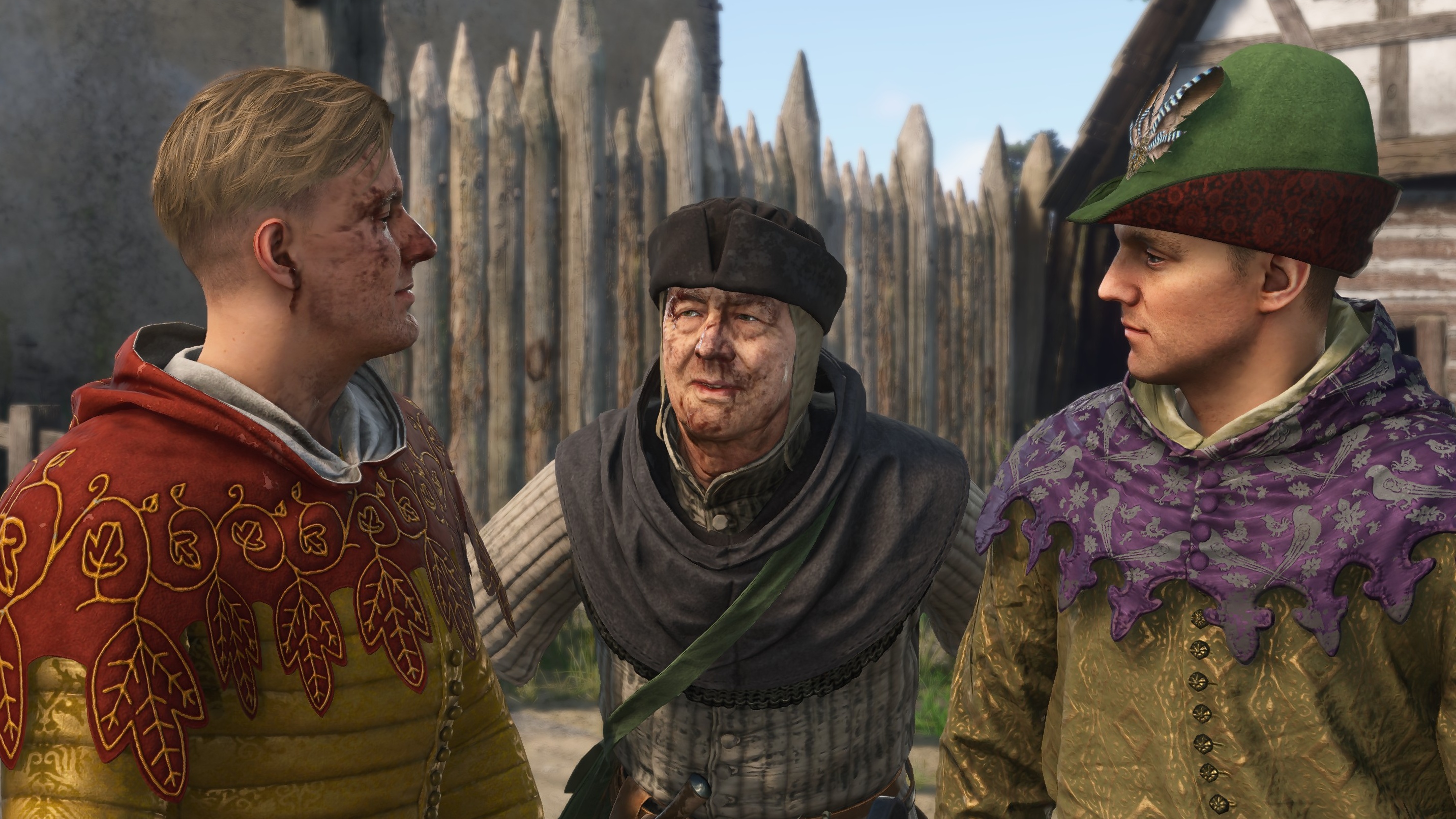
Whether you've sunk a hundred hours in or you're just getting started, you should check out our list of the best Kingdom Come: Deliverance 2 mods. Maybe you're looking to streamline some of the game's systems to make it an easier experience, or possibly you're interested in making the game more immersive and challenging—either way, there are plenty of mods below to enhance your 15th-century adventure.
KCD2 console commands: How to use cheats
KCD2 treasure maps: Every loot location
KCD2 money: Grab every Groschen
KCD2 Saviour Schnapps: Save your game lots
KCD2 horse: How to get a free mount
You realize pretty quickly in KCD2 that this ain't no Skyrim. It's aiming for a more authentic experience when it comes to combat, travel, alchemy, and many of its other systems—heck, even wearing a helmet isn't all that straightforward.
That means there's more to fighting than just swinging your sword, harsher repercussions for committing crimes, and more difficulties involved even for activities like picking herbs.
If you're looking to make the Kingdom Come: Deliverance 2 a bit easier, perhaps by enabling quicksaves (instead of having to drink a Saviour's Schnapps potion), expanding your carry weight, or making herb gathering less of a pain, there are a bunch of mods below that can do that. And if you're looking for a bit more challenge and realism, there are mods that make a few things in the game more difficult, too. We'll keep adding more mods as we find them.
Time-saving mods
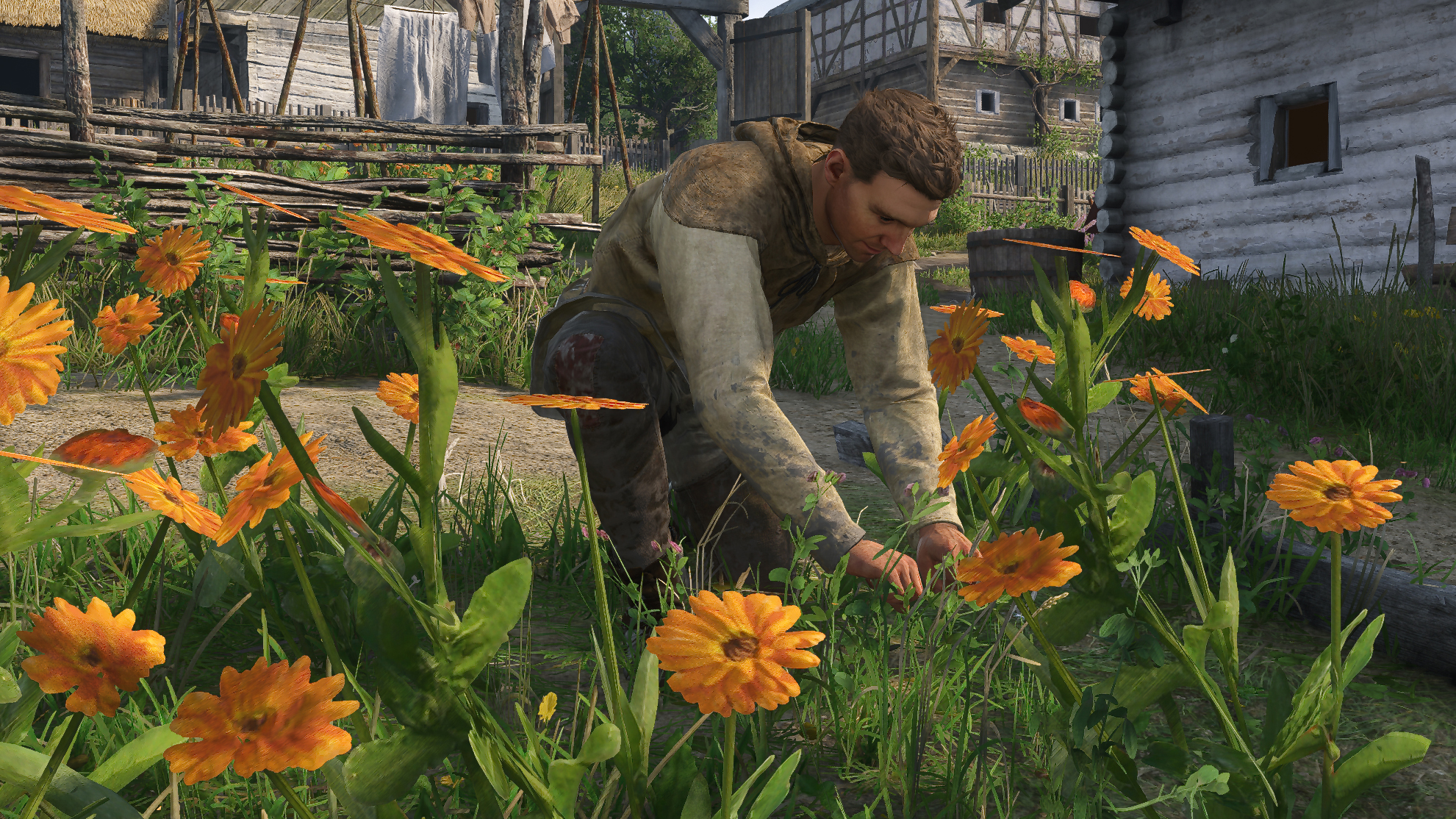
Unlimited Saving 2: You no longer need to gather herbs and craft a potion to save your game. Tapping F5 acts as a quicksave. You're welcome.
Instant Herb Picking 2: If you're going the alchemy route, it gets pretty tiresome watching the third-person cutscene of Henry squatting every single time you pluck an herb. This skips the animation altogether. Also has the option to play the animation in first-person, which at least means no cutaways.
More Gather Radius and XP: Another one for gardeners, it increases the radius of your herb-gathering so you can collect a bunch more at once, and increases the amount of XP earned.
Keep up to date with the most important stories and the best deals, as picked by the PC Gamer team.
Increased Carry Weight: Let Henry lug more junk around and not have to empty his pockets as often.
Trough Washing Deluxe 2: Get Henry fully clean, instead of just a little clean, by sticking his head in a big wet barrel.
Enhanced immersion mods
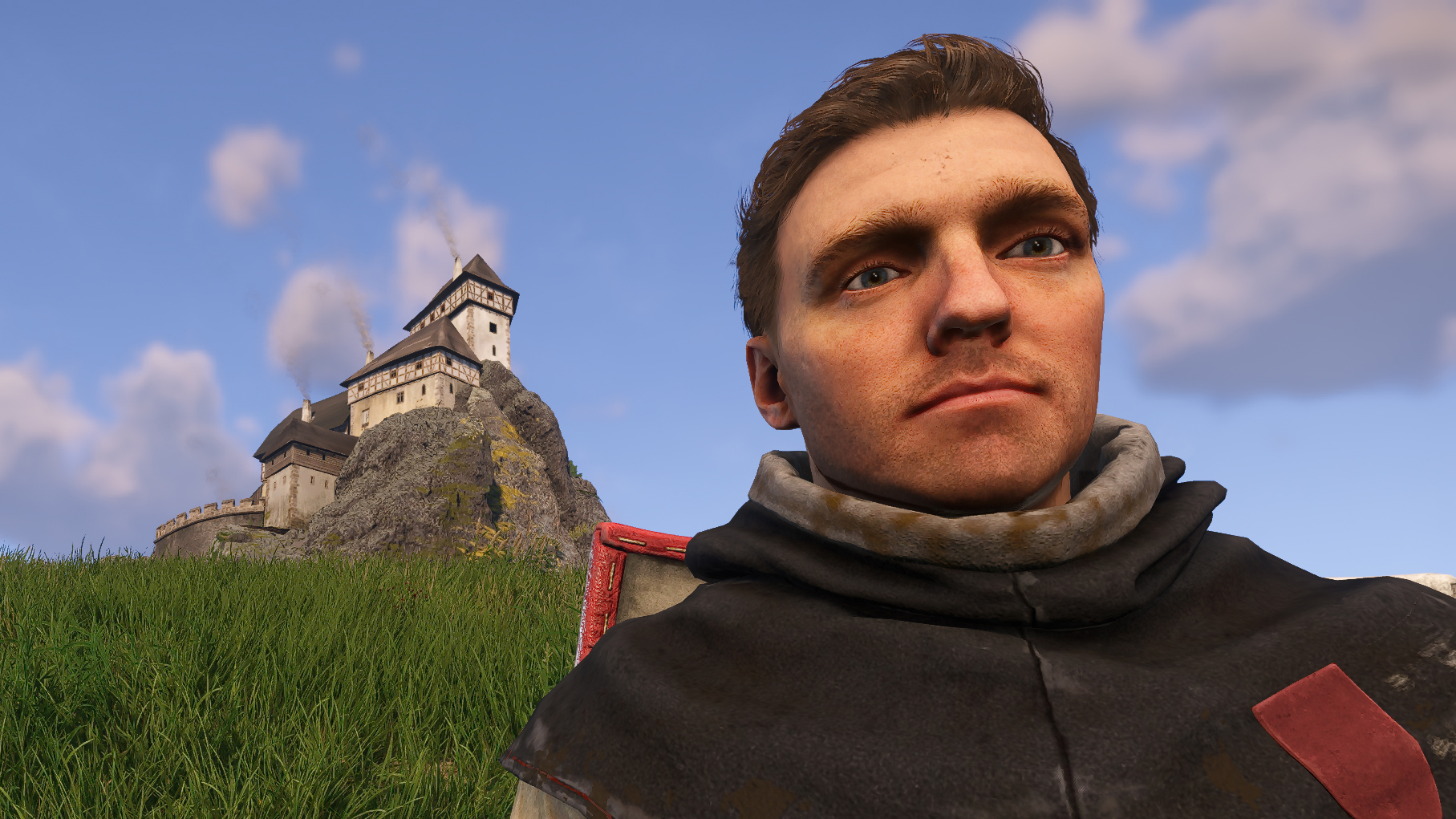
No Player Map Marker: Pretty sure they didn't have GPS in the medieval era. This mod won't let you see your location pinpointed on the map anymore.
Scout Hardcore Mode: Hides all objective markers from the map, and doesn't center it on your location. Now your map is just a map.
Toggle Hide Compass or Hide Forever: If you don't want extra screen clutter or want to remove the compass altogether for more immersion and challenge.
Visual Mods
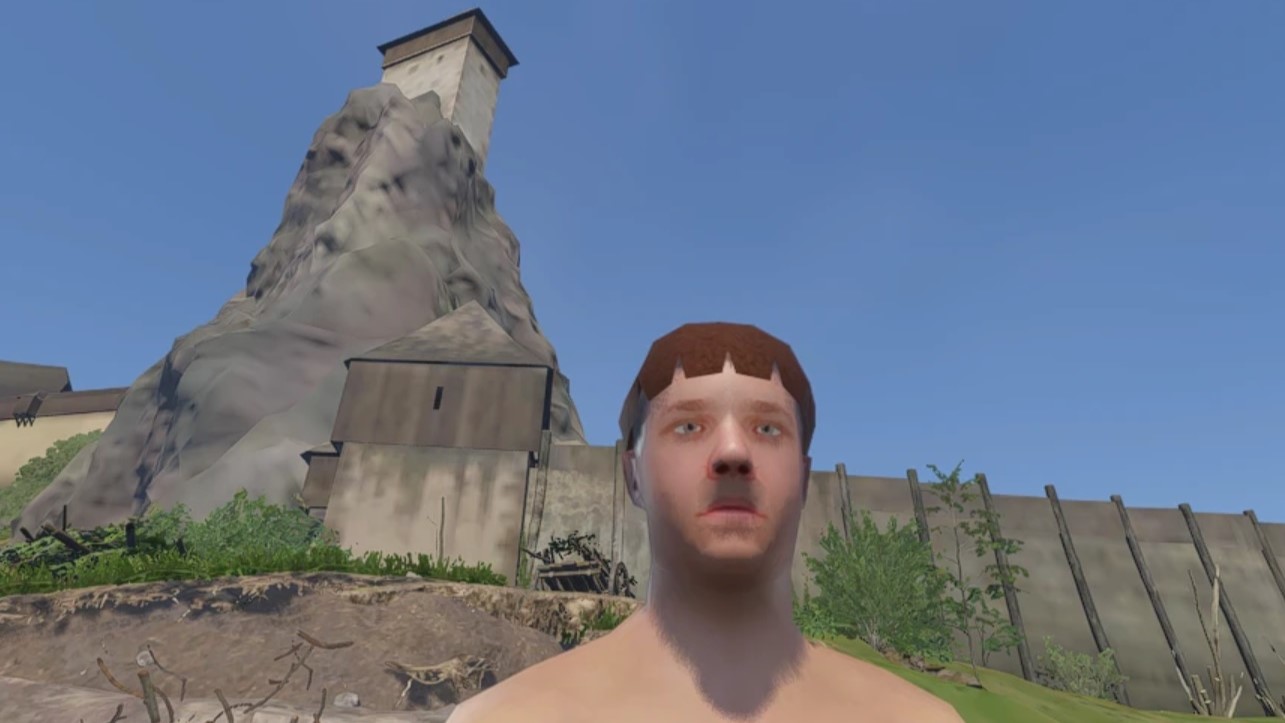
Ultra Low Graphics Mode: Maximize game performance while losing, shall we say, a considerable amount of visual fidelity.
No Blood on the Screen: Keeps your screen clear of blood decals when Henry gets hurt.
No Helmet Vision: Your vision will no longer be limited while your helmet visor is down.
Remove Fog of War: Removes the clouds to reveal the entire map.
How to install Kingdom Come: Deliverance 2 mods
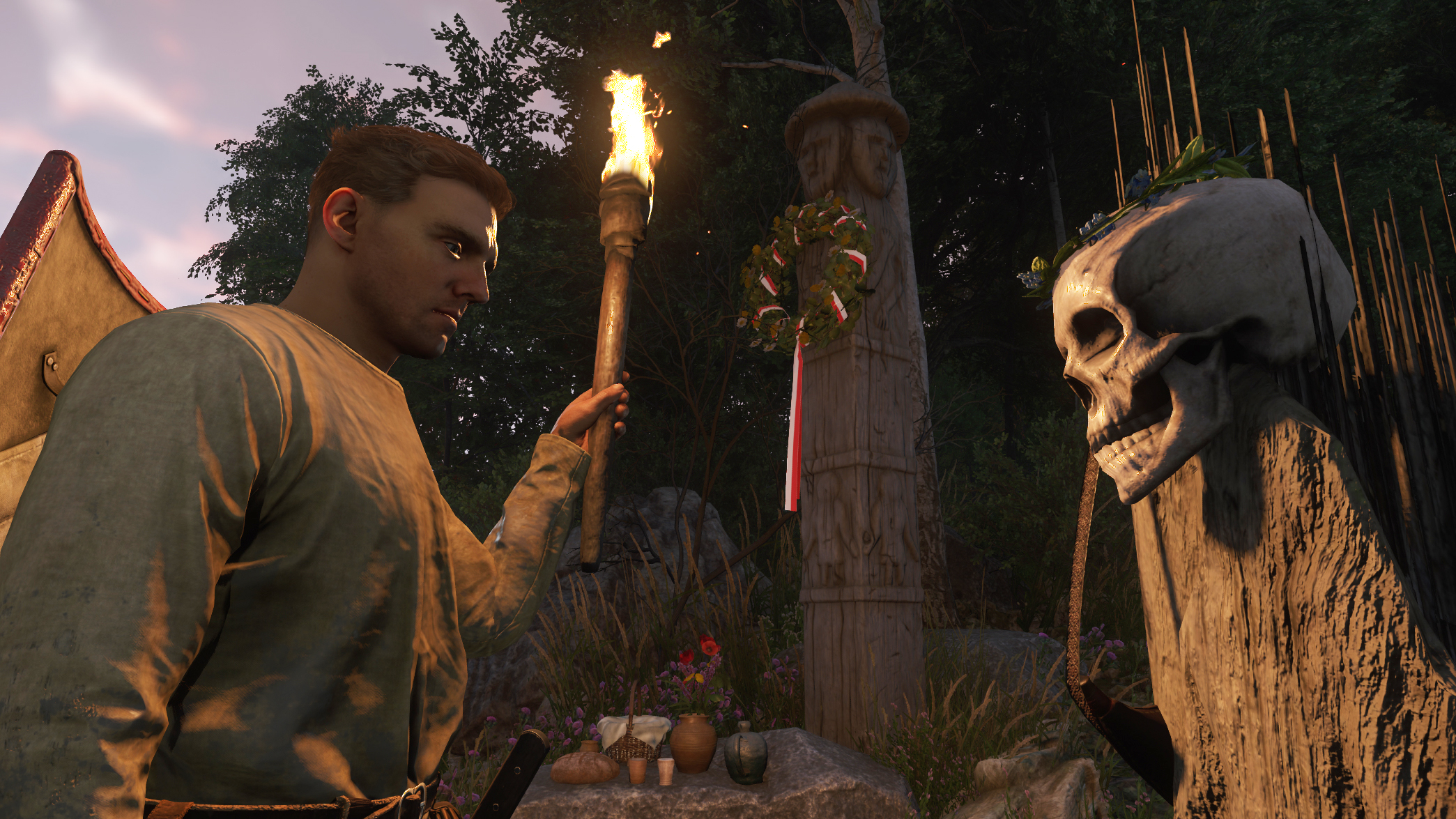
Make sure you carefully read the full instructions on each mod's page before installing. Most mods require the creation of a Mods folder, so first navigate to your game folder.
- Right-click Kingdom Come: Deliverance 2 in your Steam Library
- Select "Properties"
- Select "Installed Files"
- Click "Browse"
It's typically: Steam\steamapps\common\KingdomComeDeliverance2
In that same folder (where you see the Bin and Data folders) create a folder named Mods. Usually, that's where you'll add and remove mod files. Again, check each mod's page for installation instructions to be sure.

Chris started playing PC games in the 1980s, started writing about them in the early 2000s, and (finally) started getting paid to write about them in the late 2000s. Following a few years as a regular freelancer, PC Gamer hired him in 2014, probably so he'd stop emailing them asking for more work. Chris has a love-hate relationship with survival games and an unhealthy fascination with the inner lives of NPCs. He's also a fan of offbeat simulation games, mods, and ignoring storylines in RPGs so he can make up his own.
